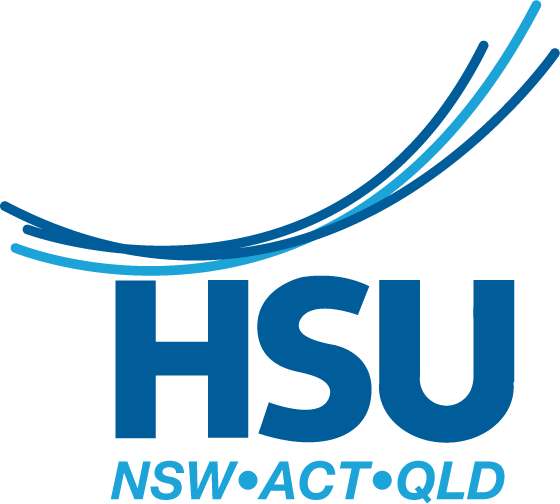A scrap with the unions may suit Minns, as long as it’s not too bloody
-
Published May 4, 2023
Sydney Morning Herald, 4 May 2023
The all-powerful Health Services Union boss Gerard Hayes is spoiling for a fight with the new state government. It barely took a month.
Hayes, the Labor Party heavyweight who was instrumental in ending one-time leader Jodi McKay’s rocky reign and installing Chris Minns to the top job, has already started low-level grumbling and talking strike action. For now, Minns must see it as a gift.
Minns managed to alienate the union movement in his inaugural speech to parliament in 2015, when he made the bold claim that trade unions have too much sway within the Labor Party. Unsurprisingly, to realise his leadership ambitions, he had to rebuild plenty of relationships after that statement. He won back the union bosses, but does not want to be beholden to them, or at least be seen to be. A public scrap, as long as it’s not too bloody, is a good start.
Hayes is a seasoned political operator. He has been involved in the health union for decades and is never one to mince words. When he thought McKay was leading NSW Labor to a thumping defeat, he backed 2021 polling from the Australian Workers Union. The results showed that the party could suffer its worst primary vote in 120 years. Hayes was brutal. “We need a shake-up of people and policies, and we need it now,” he said of the party under McKay.
McKay decried that she was “coward hit from behind” by men (referring to Hayes and the AMU’s Daniel Walton) and would not be bullied out. Hayes shrugged his shoulders and released a joint statement with Walton, warning that the unions were not going to spend time and effort on a losing team. Two months later, McKay was gone.
Regardless of his commitment to unions and the Labor movement, Hayes does not pick fights with conservatives for the sake of it. Despite serving on Labor’s powerful administrative committee, he enjoyed a good relationship with Brad Hazzard, who Hayes rated as one of NSW’s best health ministers, alongside former (Labor) ministers Andrew Refshauge and Craig Knowles.
Hayes backed Hazzard during the Ruby Princess saga, the lowest point for the Berejiklian government during the early days of the pandemic, providing perfect fodder for a union boss. But instead of coming out swinging, when McKay called for Hazzard’s resignation, Hayes shot her down. “There are many points on which Mr Hazzard and I disagree,” Hayes said in April 2020, “but calls for his resignation are ill-tempered and ill-advised.”
So, when Hayes launched an offensive against the new Labor government last week, insisting they were dragging their feet on promised wage negotiations with essential workers, it was a significant intervention for two reasons. Firstly, it reinforced to Minns, in no uncertain terms, that one of the key issues that saw the Coalition turfed out – the wages cap for public sector wages – had to remain Labor’s priority. Secondly, it indicated that Hayes is not a tribal warrior who will remain blindly wedded to the red team at the expense of his members.
The opposition, which doesn’t have a functioning frontbench yet, has tried to frame the Minns government as being run by Hayes and other union bosses. Liberal leader Mark Speakman, who hasn’t quite figured out the transition from government to opposition yet, has made a start on attempting to paint a dire picture of Labor’s reliance on the union movement. Seizing on any opportunity, Speakman pointed to speculation that a popular government program – the $100 Active Kids voucher – could be cut. The reason? According to Speakman, to keep the unions happy.
The Active Kids voucher is loved by most parents (myself included) who fork out a small fortune each term for a variety of after-school activities. However, even within the former Coalition, Dominic Perrottet’s penchant for dishing out vouchers was criticised. The voucher programs – whether for football registration, ballet classes or after-school care – are not means-tested. The program is costly. It is prudent for a new government, which is doing a line-by-line budget analysis, to scrutinise programs and spending. It is a long bow to suggest that union heavyweights are demanding the axe fall on a voucher for kids’ sport.
The problem for Speakman is that it is almost impossible for him to hold the government to account on delivering its all-important wages policy when the Coalition went to the election refusing to budge on pay rises. But that’s where unions and their vocal bosses come in.
Hayes may be the first out of the blocks, but others will soon follow if they feel that the government is dragging the chain on a policy that helped Labor seize power. The unions’ favoured team may have won, but they will not give the Minns government any free passes on wage negotiations. For now, the unions are the de facto opposition with the task of ensuring the government delivers voters what it promised.
